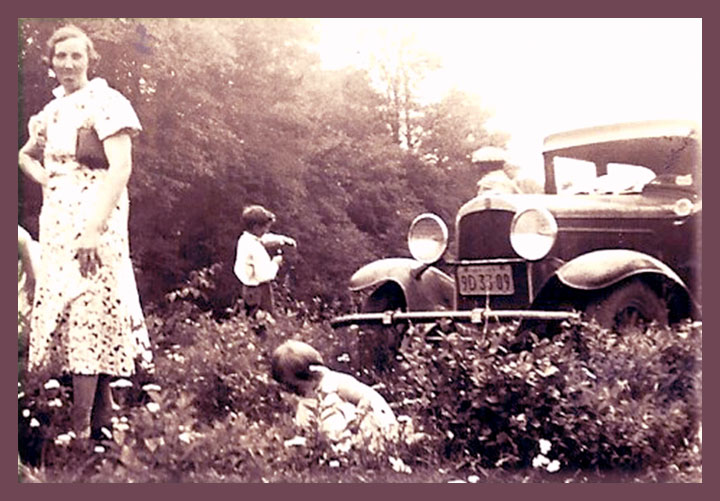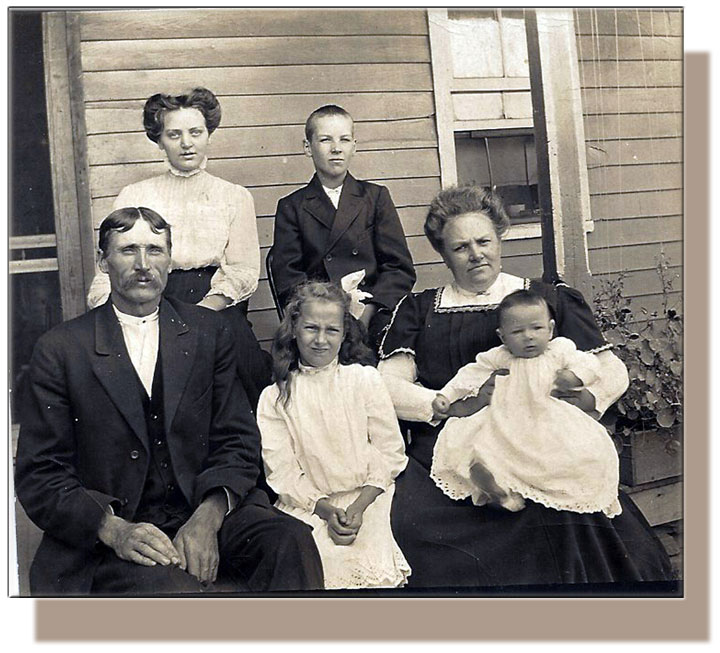In the 20th Century my father loved his government job:
maintaining the well-calibrated heart of the nuclear arsenal.
He said, We can put one of those babies through a window
in the Kremlin after a 6000-mile flight. We made that here.
And, come Memorial Day, at the open house at the air base,
he’d show me his workbench in the cleanroom where dust
held its breath. Later, he might have almost nothing to say.
Maybe: Keep it down. I’m watching fucking 60 Minutes.
How he grew to love Minuteman missiles, the stockpile
whose reliable lethality he’d chosen to take ownership of.
Meaning, he thought about the consequences of the work.
Maybe he had the moral compass of a death camp guard,
but I loved that he sharpened the blade for the American
guillotine. That he visualized ICBMs unzipping the sky.
The hum and verdict of oscilloscopes was in his voice
when he said, You’re thinking about this too much.



